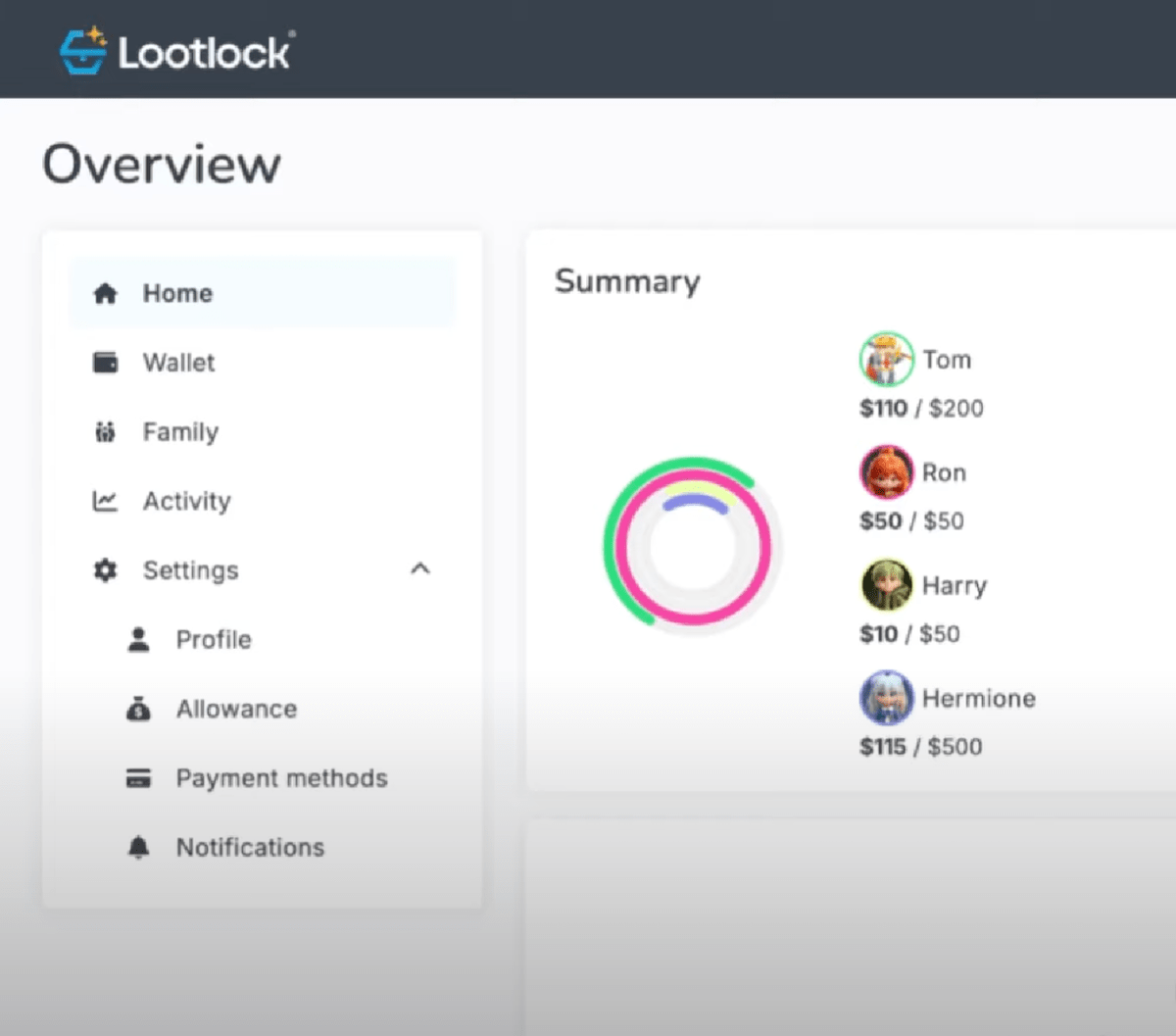
do ea buyout talks hint at bigger Electronic Arts (EA), a leading name in the video game industry, is reportedly in discussions to potentially go private, raising questions about the broader implications for the gaming sector.
do ea buyout talks hint at bigger
Background on Electronic Arts
Founded in 1982, Electronic Arts has grown to become one of the most influential companies in the video game industry. Known for blockbuster franchises such as “FIFA,” “Madden NFL,” and “The Sims,” EA has consistently pushed the boundaries of gaming technology and storytelling. However, the company has also faced its share of controversies, particularly concerning microtransactions and the quality of its annual releases.
In recent years, EA has seen fluctuating stock prices, which have been influenced by various factors, including shifts in consumer preferences and increasing competition from both established and emerging game developers. The company’s stock has been under pressure, leading to speculation about its future direction and potential restructuring.
The Current Situation
Reports have surfaced indicating that EA is exploring options to go private, a move that could significantly alter its operational dynamics. This potential transition is not merely a financial maneuver; it reflects deeper issues within the gaming industry and EA’s position within it.
Reasons Behind the Talks
The discussions about going private can be attributed to several key factors:
- Stock Performance: EA’s stock has experienced volatility, leading to concerns among investors about the company’s long-term growth prospects. The gaming industry is undergoing rapid changes, and companies that fail to adapt may find themselves at a disadvantage.
- Market Competition: The rise of independent game developers and the increasing popularity of subscription-based gaming services have intensified competition. EA’s traditional business model, which heavily relies on annual releases and microtransactions, may not be sustainable in the long run.
- Investor Pressure: Institutional investors are increasingly scrutinizing the performance of gaming companies. If EA’s management believes that going private could provide the flexibility needed to innovate and restructure without the pressure of quarterly earnings reports, they may pursue this path.
Implications for the Gaming Industry
The potential privatization of EA could have far-reaching implications for the gaming industry as a whole. Here are several areas to consider:
Impact on Game Development
If EA were to go private, it might have the opportunity to refocus its efforts on game development without the pressure of meeting short-term financial goals. This could lead to:
- Increased Innovation: A private EA could invest more in experimental projects and new intellectual properties, potentially leading to groundbreaking games that redefine genres.
- Quality Over Quantity: The company could shift its focus from annual releases to developing fewer, higher-quality titles, addressing consumer concerns about game quality.
Market Dynamics
The gaming market is rapidly evolving, with trends such as cloud gaming and virtual reality gaining traction. EA’s move to privatization could signal a broader trend of consolidation within the industry, as larger companies seek to acquire smaller developers to enhance their portfolios. This could lead to:
- Increased Mergers and Acquisitions: If EA successfully transitions to a private entity, other companies may follow suit, leading to a wave of mergers and acquisitions aimed at consolidating resources and talent.
- Shifts in Consumer Choices: As companies consolidate, consumers may find fewer choices in the market, potentially leading to a homogenization of gaming experiences.
Investor Reactions
Investor sentiment surrounding EA’s potential privatization is mixed. Some view it as a strategic move that could allow the company to innovate and grow without the constraints of public market pressures. Others express concern that going private may limit transparency and accountability, which are critical in an industry that thrives on consumer trust.
Institutional investors, in particular, are closely monitoring the situation. They may be supportive of a privatization effort if it promises long-term growth and profitability. However, they will also be wary of the risks associated with such a significant shift in corporate structure.
Stakeholder Perspectives
Various stakeholders within the gaming ecosystem are likely to have differing perspectives on EA’s potential move to go private:
Developers and Employees
For developers and employees at EA, the prospect of going private could bring both opportunities and challenges. On one hand, a private EA might foster a more creative work environment, free from the pressures of quarterly earnings. On the other hand, employees may face uncertainty regarding job security and company direction during the transition.
Consumers
From a consumer standpoint, the implications of EA’s privatization are complex. While some gamers may welcome the potential for higher-quality games and innovative projects, others may be concerned about the company’s historical issues with microtransactions and game quality. The transition could also affect how EA engages with its community and addresses consumer feedback.
Conclusion
The discussions surrounding Electronic Arts’ potential move to go private are indicative of larger trends within the gaming industry. As the landscape continues to evolve, companies must adapt to remain competitive. Whether EA successfully transitions to a private entity or not, the implications of these talks will likely resonate throughout the industry, influencing everything from game development to consumer choices.
As stakeholders await further developments, the future of EA—and the broader gaming industry—remains uncertain. The outcome of these discussions could set a precedent for how gaming companies navigate the challenges of an ever-changing market.
Source: Original report
Was this helpful?
Last Modified: September 28, 2025 at 8:36 pm
5 views















